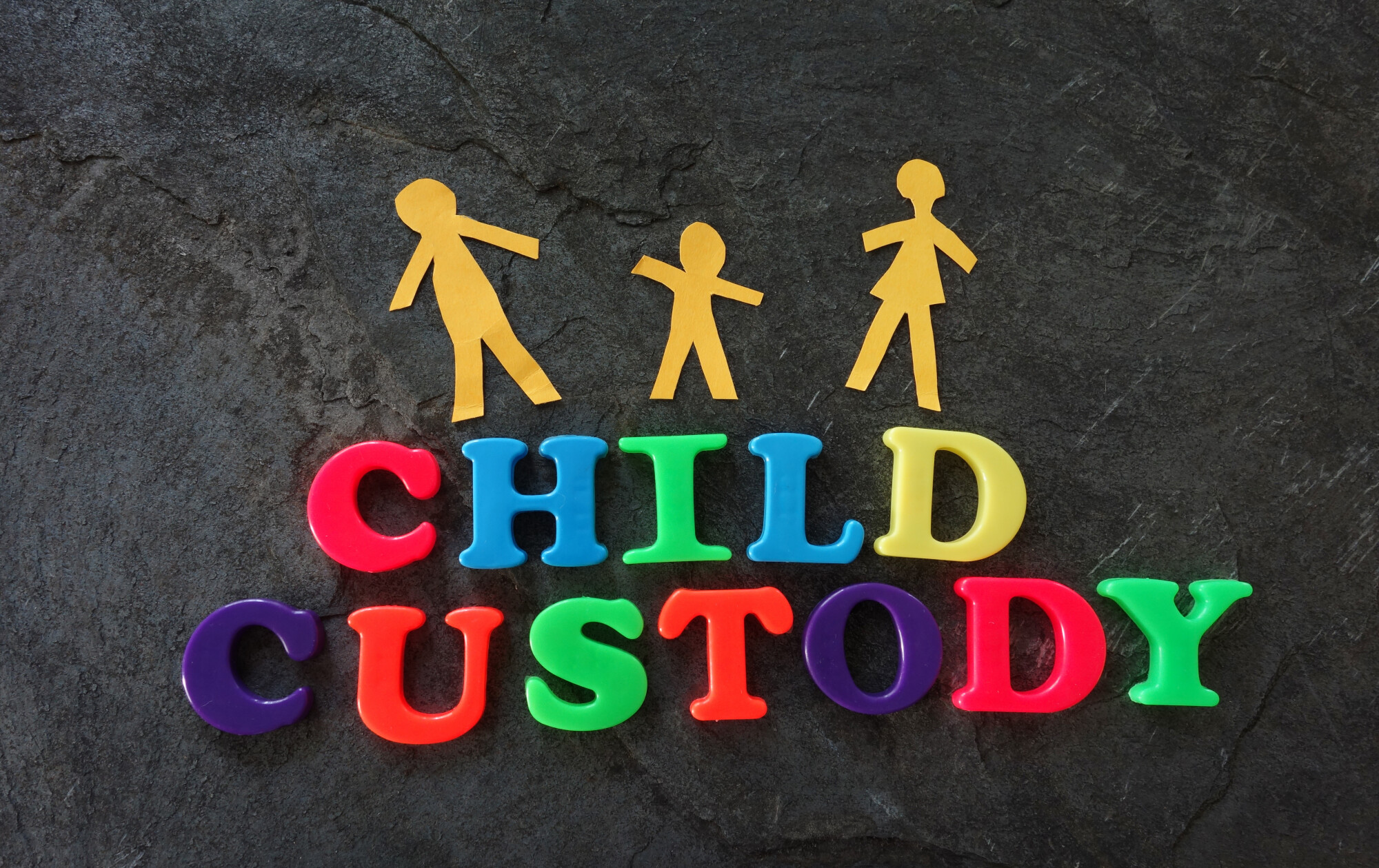A Guide to Different Types of Divorce
Navigating a divorce can take an enormous toll on your mental health. Research shows that divorce is strongly correlated with reduced mental and physical health. If you’re facing the prospect of divorce, one of the most important things you can do is look into the different types of divorce and decide which is right for you.
Every couple’s situation is different, and it’s critical that you pursue a divorce process that has the highest chance of a good outcome for your individual circumstances.
This can help reduce conflict, curb costs, and safeguard your future.
Keep reading to find out about the different types of divorces to consider.
Uncontested Divorce
An uncontested divorce occurs when both parties agree on (or amicably negotiate) all particulars relating to the divorce. These include matters like:
- Division of assets
- Child custody
- Child support
- Alimony
Uncontested divorce negotiations can happen privately or through professional mediation. If you and your spouse see eye-to-eye on the details of your divorce, you may be able to agree on all aspects of your divorce agreement without the help of a mediator.
The next step is to get your divorce agreement officially drawn up with the help of an attorney.
Mediated Divorce
Alternatively, if there are some areas of disagreement, but you are both committed to an amicable divorce, you can enlist the help of a mediator. They will help you reach common ground on any contentious details.
Once you reach a mutual agreement, an attorney can help you finalize your divorce agreement.
Collaborative Divorce
Another of the uncontested types of divorce is collaborative divorce. Here, both spouses hire a divorce attorney, and all parties work together to reach a settlement agreement outside of court.
A collaborative divorce usually involves multiple meetings and negotiations.
Benefits of Uncontested Divorce
Uncontested divorces are more affordable and faster than contested divorces. In some cases, they might not even require a divorce attorney. Statistics show that uncontested divorces cost $4,100 on average.
Uncontested divorces can also have less emotional fallout. This can be particularly important if you have children and even is more critical if you’re going to continue to co-parent.
Navigating a divorce with children adds another layer of complexity, which can make mutual agreement tougher. But, it also increases the importance of amicable proceedings.
However, uncontested divorce is only a realistic route if both you and your spouse can agree on most issues.
Contested Divorce
If both parties can’t agree on the terms of their divorce, this usually results in a contested divorce.
During a contested divorce, both spouses have to be represented by a divorce attorney during mediation. This increases the cost of getting a divorce.
If a full-scope divorce attorney is involved, the average cost of legal fees is $11,300 per spouse.
If both parties can’t reach an agreement during negotiation, uncontested divorce cases may have to go to court. Here, a judge will preside over the proceedings and make a final decision on the divorce agreement. This can further drive up costs.
The statistics we referenced earlier show that divorces that go to trial for two or more issues cost $23,300 on average.
Besides costing more, contested divorces also tend to take longer. The proceedings are more drawn out, and the process can also trigger increased levels of enmity between the separating spouses.
At-Fault Divorce
Before 1970, there weren’t so many different types of divorces. Divorce proceedings could only be carried out if one spouse could prove the other at fault for things like infidelity or abuse.
Fortunately, this changed in 1969, when California adopted no-fault divorce. Now, no-fault divorce is a core part of family law. All states in the US allow no-fault divorce.
Some states also still allow at-fault divorce.
During an at-fault divorce, one spouse has to provide evidence of the other party’s wrongdoing or fault in breaking down the marriage. The fault grounds vary between states.
They can include things like:
- Adultery
- Abandonment
- Imprisonment
- Substance abuse
- Physical abuse
- Incurable insanity
- Inability to have sexual intercourse
- Cruelty
Some states also allow courts to consider fault when determining division of property, alimony awards, or custody awards. If you can prove the other party is at fault, this might potentially increase your share of the divided property.
It can also influence whether or not you win custody, especially if the court deems that the other party’s actions might be detrimental to the well-being of the children.
Another reason someone might want to pursue an at-fault divorce is for feelings of validation. Being able to prove that the other party engaged in misconduct or wrongdoing can offer a sense of closure if you feel betrayed or wronged.
However, it’s also important to note that at-fault divorces are far more complex, costly, and time-consuming. They can also have a huge emotional toll and fuel the fire of animosity. This can create added emotional distress for any children involved and prevent spouses from moving on.
At-fault divorces can also involve public court proceedings.
No-Fault Divorce
In a no-fault divorce, neither party needs to prove that the other spouse was guilty of misconduct. This allows couples to end marriages for reasons of their own choosing.
All you have to do is state that the marriage is irretrievable or that there are differences that you aren’t able to reconcile.
No-fault divorces are usually far cheaper, less complicated, and quicker. They are more streamlined, involve less paperwork, and less legal fees. No-fault divorces are also more private and can help reduce conflict by removing the need to assign blame.
The only drawback to no-fault divorces is that, in some situations, they might result in an unfair division of assets. If you were financially dependent on your spouse and they were wholly responsible for the breakdown of the marriage, this could impact your financial stability unfairly.
Legal Separation
If you aren’t ready for the finality of divorce or have religious or personal reasons that prevent divorce, you can also consider legal separation.
Legal separation allows married spouses to live separately but remain legally married. Similar to a divorce, a legal separation can involve the division of assets and debts.
You can draw up an agreement around asset division, child support, custody, financial support, shared bank accounts, etc.
One of the potential benefits of legal separation is that it can allow for future reconciliation. The time apart can enable couples to reevaluate and reconstruct their relationship without the finality of divorce.
Are You Considering One of These Types of Divorce?
Divorce is almost never easy, but one way you can try to streamline the process is by selecting the right avenue. Another way you can minimize stress and trauma is by choosing the right legal help.
No matter which types of divorce might apply to your situation, it’s critical that you have the right divorce attorney in your corner. One who specializes in family law and can protect your interests.
Are you in need of a reputable family law firm? Use our directory to search for a divorce attorney in your area.










